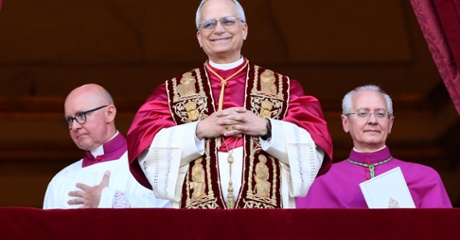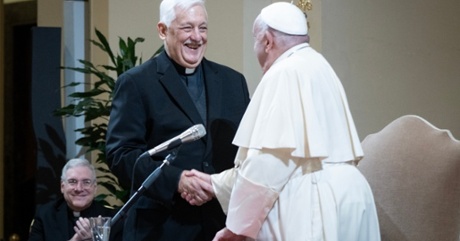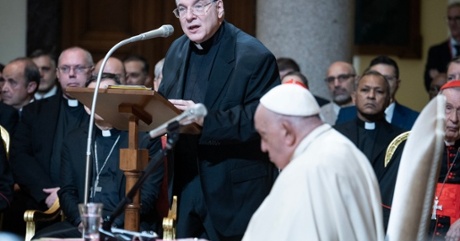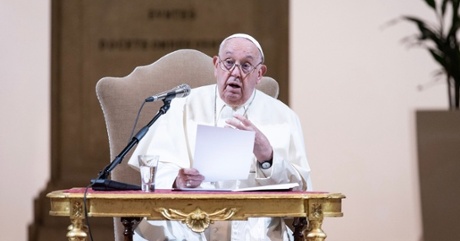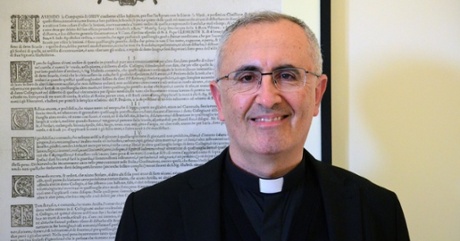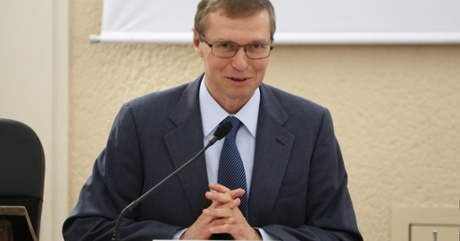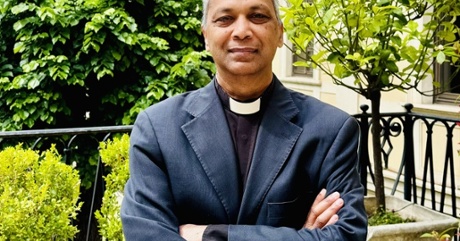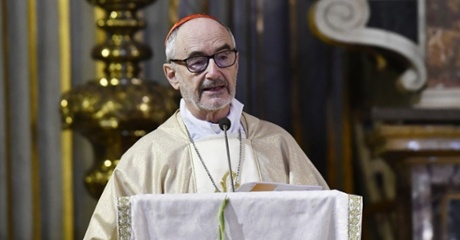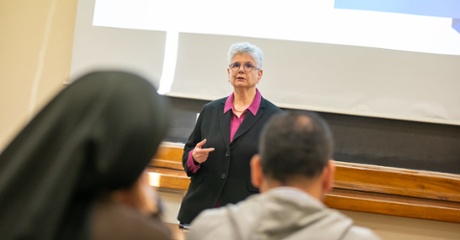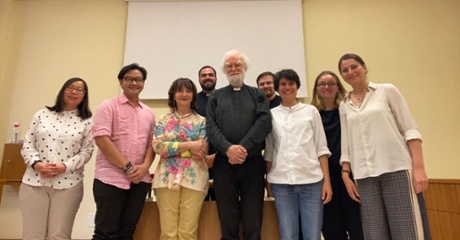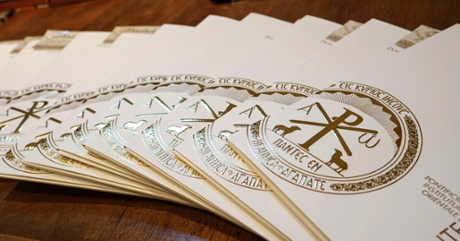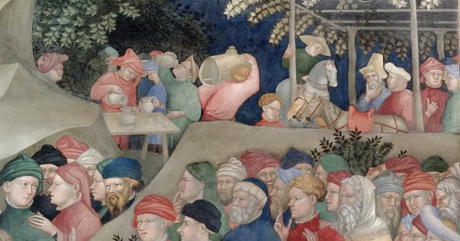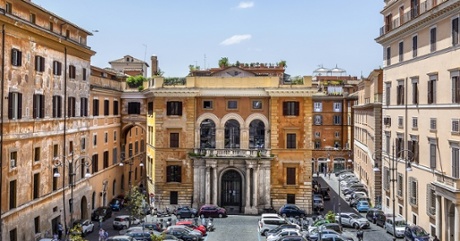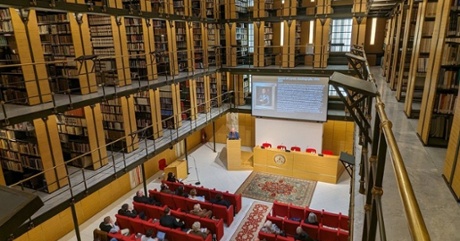A Jubilee of hope to renew peace
- by Mark A. Lewis, S.J. | Rector of the Pontifical Gregorian University
«Peace, both disarming and disarmed». These were among the first words spoken by pope Leo XIV the day of his election. The word ‘peace’ resounded throughout that initial address to the faithful, reflecting continuity with the pontificate of pope Francis, whose message of hope accompanies us during the celebrations of this Jubilee
Read more

